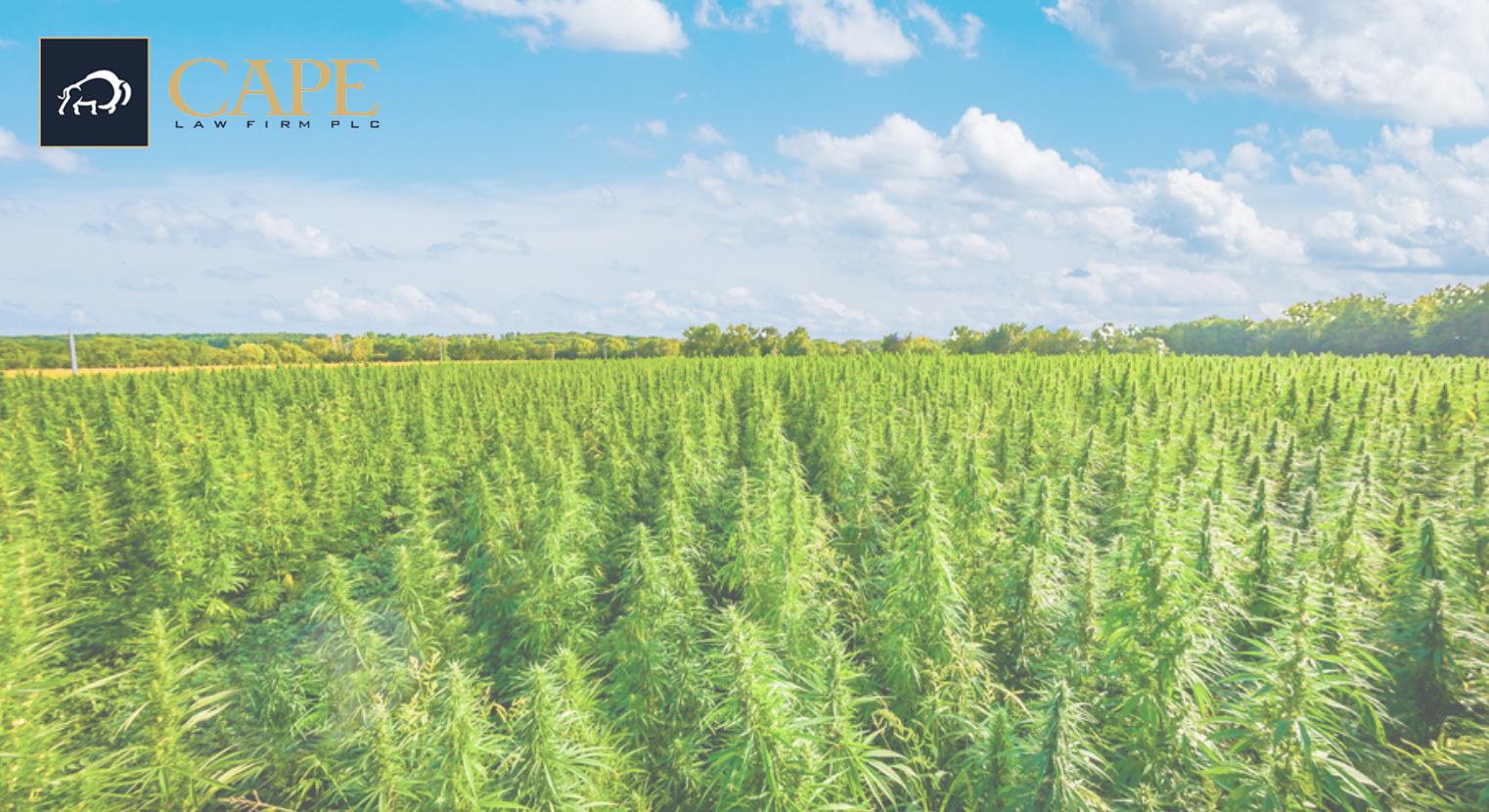USDA’s 2021 Hemp Production Report establishes important baseline statistics
USDA released its 2021 National Hemp Report, including the results of its first Hemp Acreage and Production Survey. The survey data analyzed in the report provides much needed insight into the value and production of hemp in the U.S., and breaks down production data on a State-by-State basis. Hubert Hamer of the National Agricultural Statistics Service emphasized the importance of the hemp data: “Not only will these data guide USDA agencies in their support of domestic hemp production, the results can also help inform producers’ decisions about growing, harvesting, and selling hemp as well as the type of hemp they decide to produce. The survey results may also impact policy decisions about the hemp industry.”
According to the report, the 2021 hemp crop was valued at $824 million, resulting from 33,480 harvested acres.
Billion Dollar Hemp Crop Destroyed
California hemp company, Apothio LLC, has filed a lawsuit against Kern County, CA, and other county officials for the destruction of over 500 acres of hemp. Apothio was founded in 2014 to research and commercialize hemp for use in food, nutraceuticals, and pharmaceuticals for a variety of applications, including treatment of life-threatening types of epilepsy. Apothio also operated as an Established Agricultural Research Institution (EARI) allowing it to conduct research on hemp under federal and state law.
According to the lawsuit, in 2019, the Kern County Sheriff entered some of the fields with a search warrant to test the THC levels in the plants, allegedly finding some that exceeded the 0.3% threshold for hemp. This led the Sheriff and the California Dept. of Fish & Wildlife to order the destruction of the entire 500 acre crop. Apothio claims that most of the crop was actually under the 0.3% threshold, and that its status as an EARI permitted to legally possess hemp over the limit for research purposes. Apothio asserts the crop was worth approximately $1 billion, and is “one the largest wholesale destructions of personal property by government entities in the history of the United States.”
The lawsuit is also utilizing a first-of-its-kind approach to funding by offering investors that chance to put up capital in exchange for a a return on the potential recovery in the case. Utilizing the SEC’s Crowdfunding regulation, investors will be offered the chance to buy blockchain tokens representing shares in the case’s outcome. Payouts will be made in a U.S. dollar stablecoin which is valued at 1:1 with the U.S. dollar. The firm that launched this unique offering indicated it intends to expand to other types of cases in multiple jurisdictions, creating a sort of “stock market” for litigation financing.
Cape Law Firm’s Frequently (or Randomly) Asked Questions
When does a false statement rise to the level of defamation?
Nobody likes a false statement about themselves, especially hard-working business owners trying to build a loyal customer base and goodwill. Thus, when someone says (or writes) something that is false, the target of the statement often feels “defamed” and wants the truth to be known to prevent damage to their reputation. Actionable defamation generally involves 4 things: (i) a false statement of fact (not opinion), (ii) “publication” of the statement to a 3rd person, (iii) some level of fault on the part of the publisher, and (iv) harm to the target of the statement. In a number of scenarios, harm is presumed.





